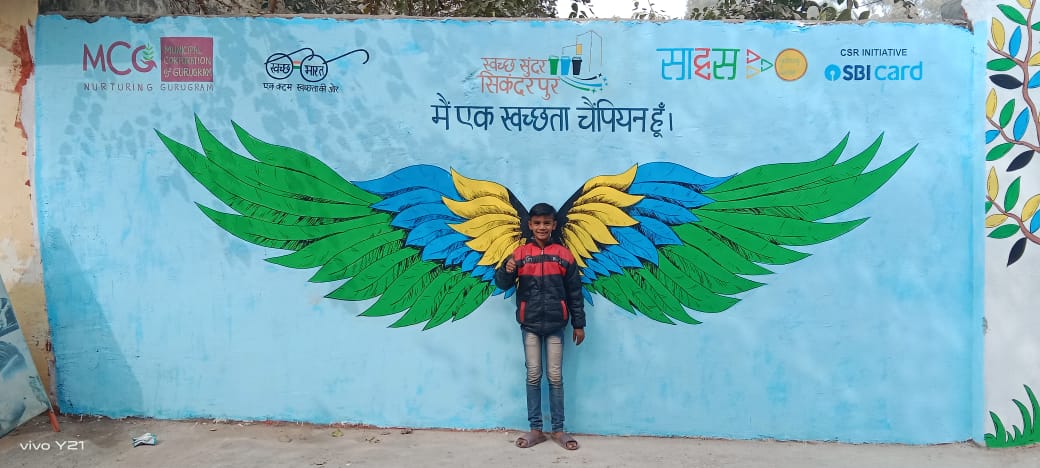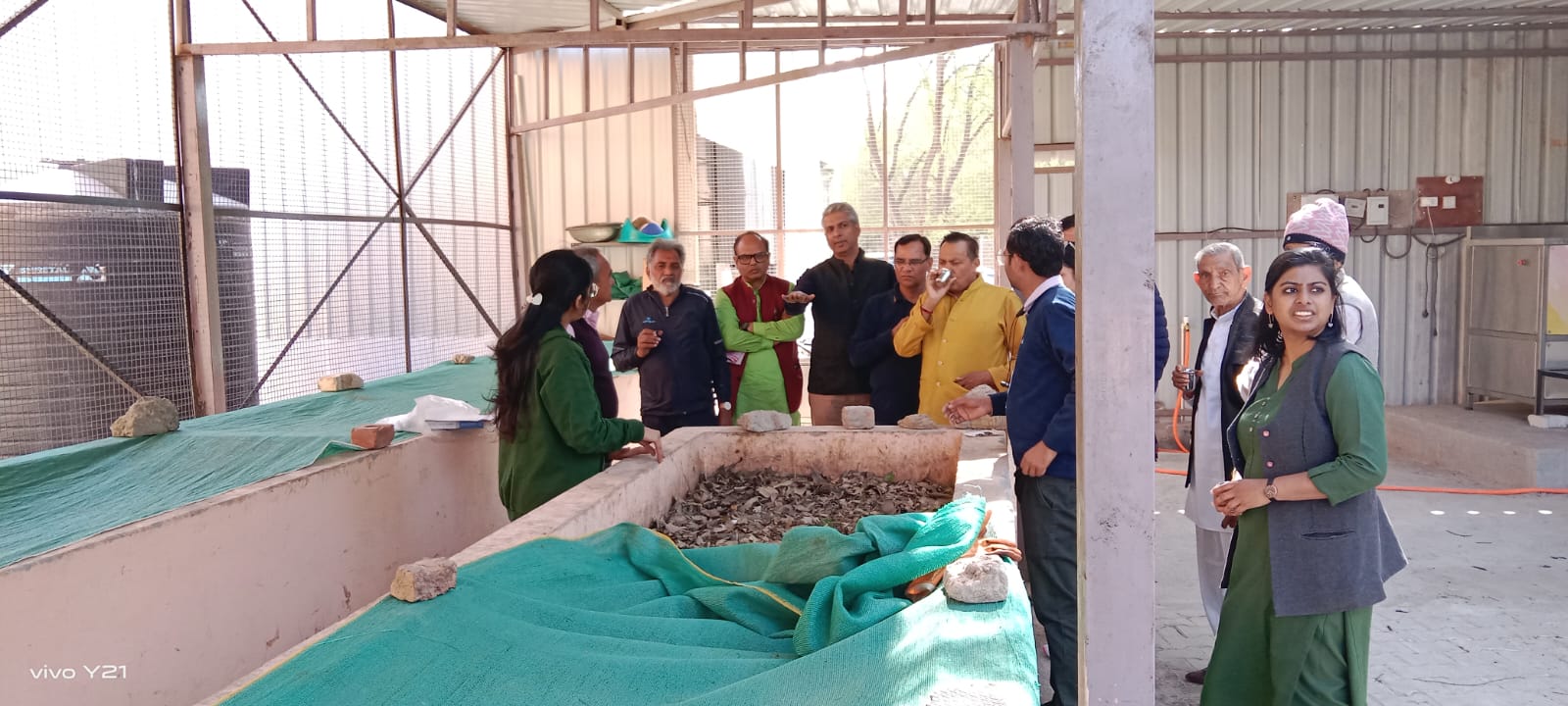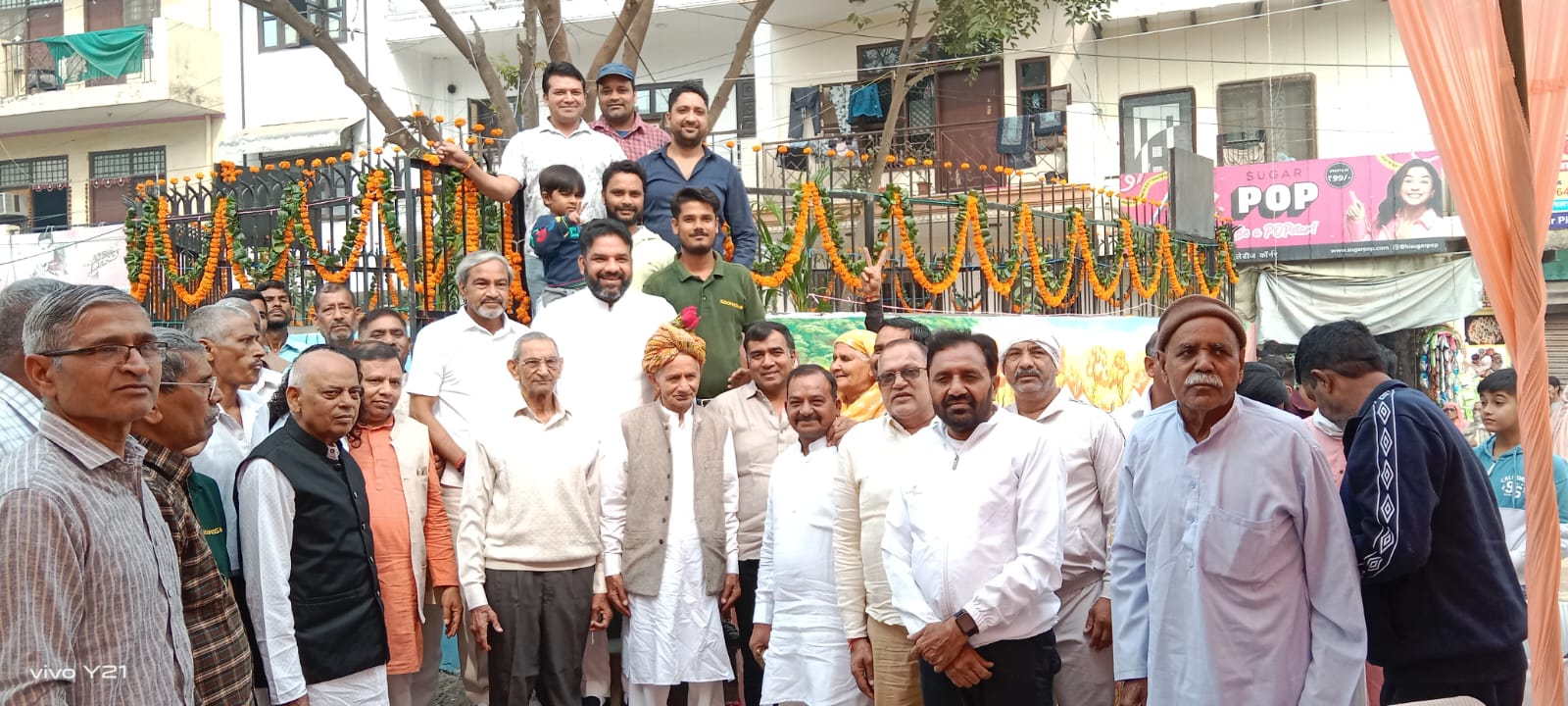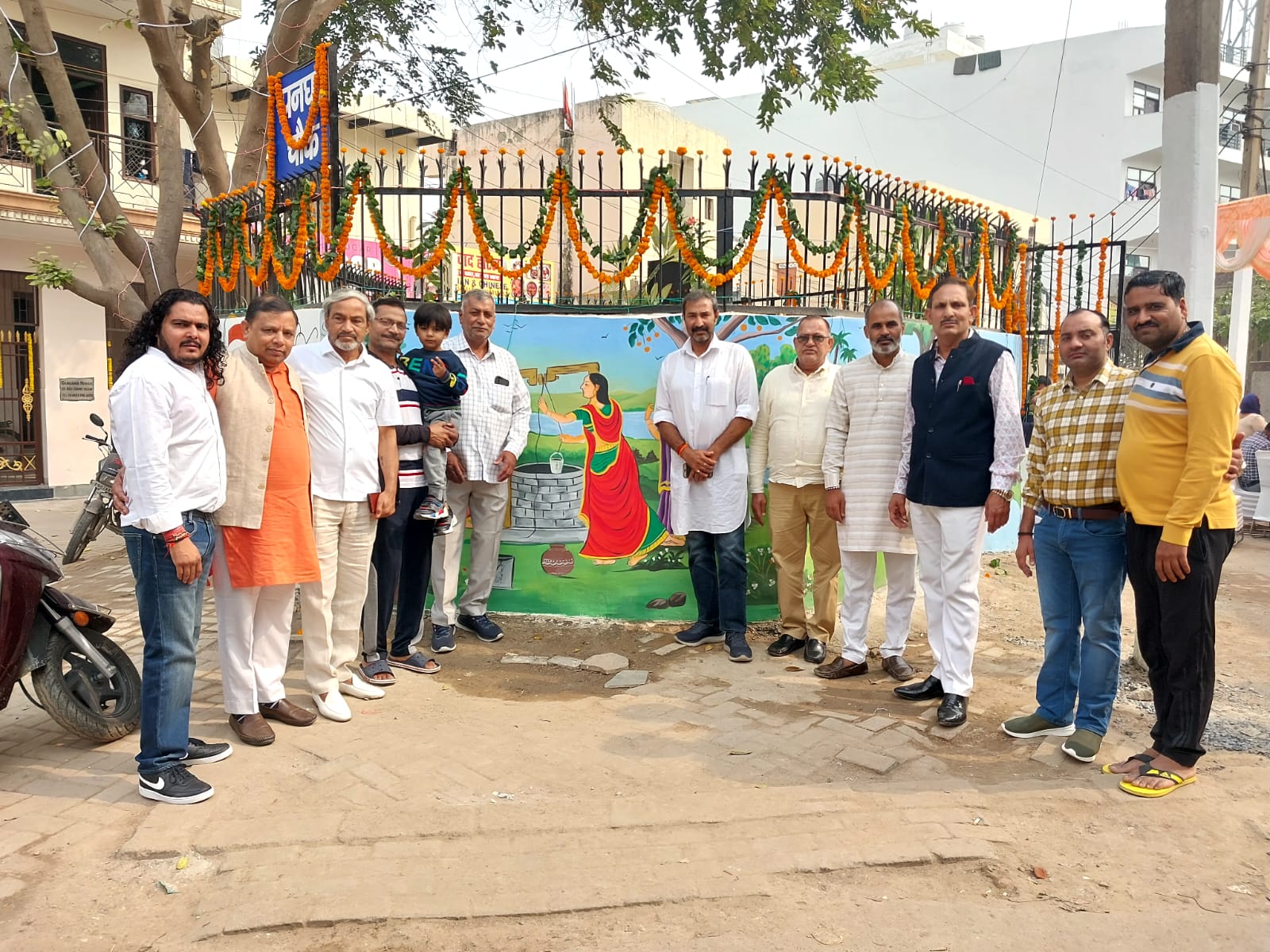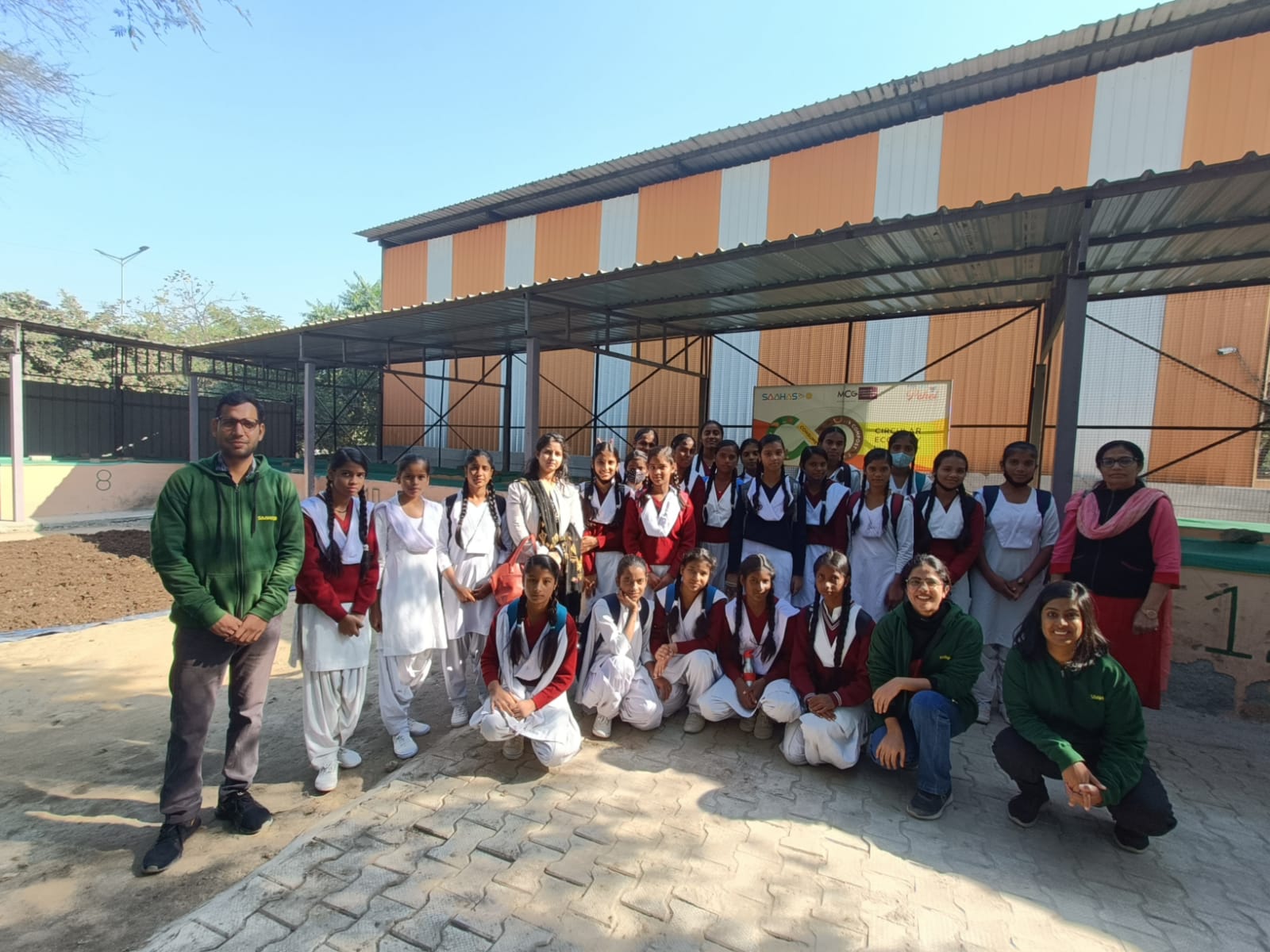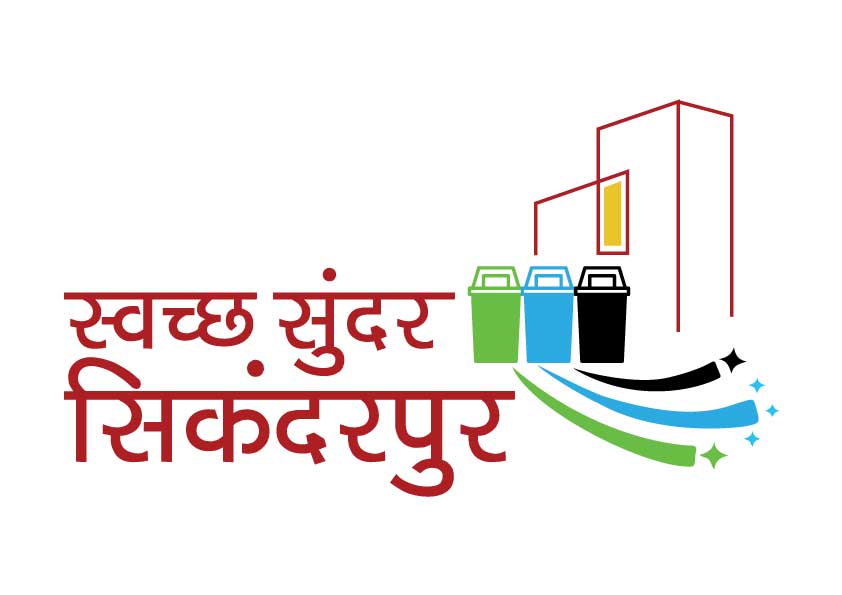
Supported By

Swach Sundar Sikanderpur
Closed

Supported By

Sustainable waste management in Sikanderpur, an urban village in Gurgaon
Location
Sikanderpur Village, Gurgaon
Supported By
SBI Cards & Payment Services Ltd
Focus Areas
Awareness and Behavioural Change, Setting up end-to-end SWM
Duration
March 2021 to Dec 2023
Coverage
1,95,000+ Households in 140 GPs
Target
Collection of 29MT of dry waste per day from the villages, generate livelihoods for 200+ women, reclaim 20 water Body
State
Haryana
Key stakeholders
Community, entrepreneurs, SHGs and Rural Local Body

Background:
As cities expand, the villages which are on the outskirts get integrated into the municipal limits. However, this integration is mostly ad-hoc leading to inadequate delivery of basic services. The city of Gurugram has many urban villages that are part of the municipal corporation limits but do not get the same attention of the authorities as the more urbanized part of the city for providing basic amenities like roads, water, electricity, or solid and liquid waste management,
Objectives:
The project was initiated to build a sustainable decentralized waste management system in Sikanderpur. The primary aim was to implement segregation at source, establish composting units for biodegradable waste, increase the income of waste workers through access to well-segregated dry waste increase active participation of the citizens, and sensitize the community members.
The team worked closely with children and local influencers to make them as change agents.
Ensuring visual cleanliness through wall art and beautification of dumping sites was carried out which also resulted in greater buy-in from the community. Exposure visits for the local community leaders helped in enhancing their understanding of waste management and made them take more ownership of supporting the project objectives.
As most urban villages are home to migrant workers, they end up having a lot of floating population. As part of our intervention, special efforts were made to onboard them into the waste segregation and collection process. An SOP was developed for the segregation and collection process for multi-unit dwellings.
